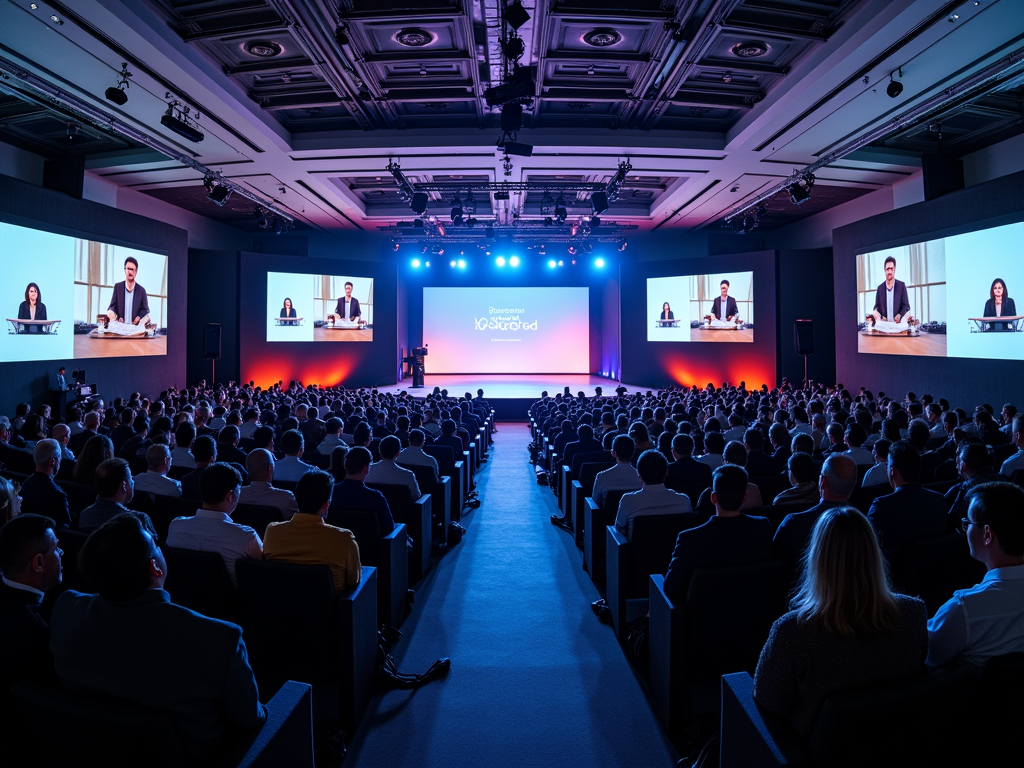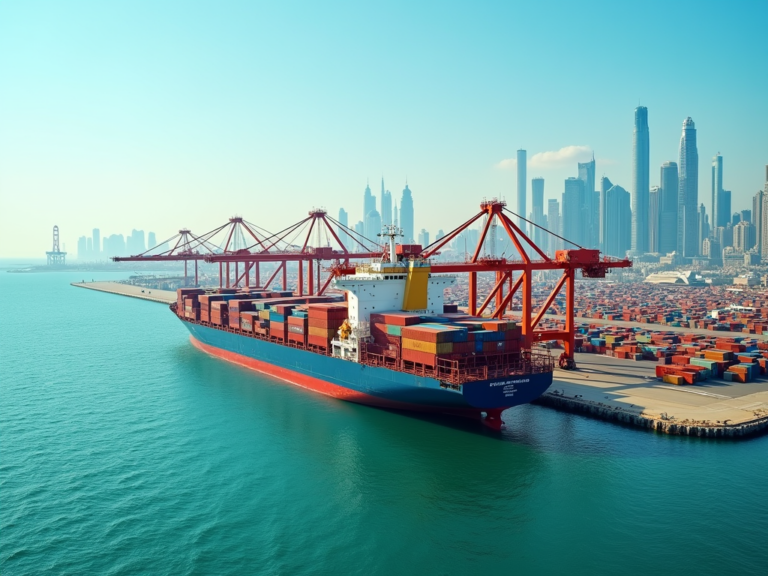The rise of virtual events and conferences in Dubai has been notably rapid, evolving from occasional online gatherings to a significant sector within the event management industry. With advanced technology and the global ramifications of the COVID-19 pandemic, the demand for digital solutions has surged, leading to increased engagement and participation worldwide. Today, Dubai serves as a leading hub for virtual events due to its tech-savvy population and strategic geographical position. This article explores the factors influencing this growth, provides insights into the benefits of virtual events, and delves into the future landscape of conferences in Dubai.
Factors Driving the Shift to Virtual Events

Several factors have contributed to the increasing popularity of virtual events in Dubai. Here are the most significant ones:
- Global Connectivity: Virtual events allow participants from various parts of the world to join without the need for travel. This global reach enhances the diversity of audiences and perspectives.
- Cost Efficiency: Organizing virtual conferences eliminates many expenses associated with traditional in-person events, such as venue rental and catering services. This affordability attracts a broader range of organizers.
- Enhanced Flexibility: Virtual platforms offer greater flexibility in scheduling and format, accommodating various time zones and personal preferences.
- Safety Concerns: The ongoing health safety concerns have reinforced the need for virtual alternatives, making them a preferable choice for many organizers and attendees.
- Technological Advancements: The rapid growth in technology solutions has made hosting virtual events more accessible and engaging through various platforms and interactive features.
Virtual events come with a plethora of advantages that enhance the overall experience for both organizers and participants. Here are key benefits:
- Wider Audience Reach: Virtual events attract larger audiences since geographical constraints are removed. This leads to increased participation and diversity.
- Engagement Tools: Many virtual platforms provide tools for real-time interaction, such as Q&A sessions, polls, and breakout rooms to facilitate discussions.
- On-Demand Access: Participants can access recorded sessions after the event, allowing for further engagement and wider knowledge dissemination.
- Environmental Impact: By reducing the need for travel and physical resources, virtual events contribute positively to environmental sustainability.
- Data Analytics: Virtual platforms provide valuable metrics that help organizers understand attendee behavior and preferences for future improvements.
Challenges Faced in the Virtual Event Landscape

Despite their numerous benefits, virtual events also face challenges that can affect their success. Addressing these issues is vital for organizers:
- Technical Glitches: Connectivity issues or platform failures can hinder the event experience and lead to frustration among participants.
- Engagement Difficulties: Keeping virtual attendees engaged can be more challenging compared to face-to-face interactions, leading to potential drop-offs in participation.
- Over-Saturation: With many organizations shifting to virtual formats, participants may face fatigue from an overwhelming number of events.
- Networking Limitations: The inability to engage in spontaneous conversations may limit networking opportunities that are often present in in-person gatherings.
- Perceived Value: Some participants may perceive virtual events as less valuable compared to traditional conferences, affecting attendance and participation.
Future Outlook for Virtual Conferences in Dubai
Looking ahead, virtual events and conferences are expected to continue their growth trajectory in Dubai. The event landscape is rapidly evolving with hybrid formats emerging as a popular solution that combines the best of both worlds. Hybrid events allow for on-site attendance alongside virtual participation, catering to diverse audience preferences while maximizing reach. Furthermore, technological innovations in virtual reality and augmented reality are likely to enhance engagement and interaction. As organizers become more experienced in navigating the virtual space, the quality of content and user experiences will undoubtedly improve, making Dubai a pivotal player in the virtual events domain.
Conclusion
In conclusion, the growth of virtual events and conferences in Dubai has transformed the event management industry, offering numerous advantages such as cost efficiency, global reach, and increased audience engagement. While challenges remain, the future appears promising as technology continues to advance and hybrid formats gain popularity. As Dubai cements its position as a leading hub for virtual conferences, it is poised to attract even more international attention and participation.
FAQ
1. What are virtual events?
Virtual events are online gatherings that allow participants to engage in conferences, meetings, or seminars through digital platforms, eliminating the need for physical attendance.
2. Why are virtual events growing in popularity?
Factors such as global connectivity, cost efficiency, safety concerns, and technological advancements are driving the growth of virtual events globally, particularly in Dubai.
3. How can organizers enhance engagement in virtual conferences?
Organizers can enhance engagement by using interactive tools like polls, Q&A sessions, live chats, and ensuring a dynamic agenda that encourages participation.
4. What is a hybrid event?
A hybrid event combines in-person and virtual elements, allowing attendees to participate physically or online, thereby maximizing audience reach and flexibility.
5. What challenges do virtual events face?
Challenges include technical glitches, engagement difficulties, networking limitations, and the risk of attendee fatigue due to over-saturation of events.









